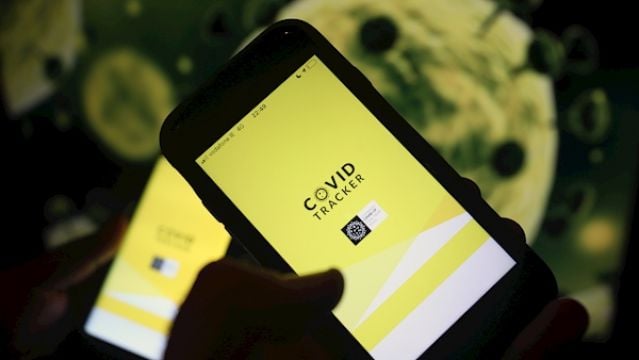The head of the HSE's Covid Test and Trace system, Niamh O'Beirne, has said there will be more investigative reverse contact tracing, which will allow local notifications for anyone who has been in a particular place at a particular time to present for a test.
Speaking on RTÉ radio’s Today with Claire Byrne show, she said the more investigative contact tracing will go back seven days - where they were, the address and eircode, to allow pattern analysis.
It will involve a "bit of investigative work" to see if others need to test, she explained.
Ms O’Beirne said antigen testing could help provide an early warning, but it was not a panacea, its accuracy was only 50 per cent with those who were asymptomatic. The PCR test was the gold standard she added, saying it is the "better test".
With the arrival of new variants in the country they were seeing higher levels of positivity especially in younger people, this development meant they needed to watch very carefully for patterns, she added.
When asked if the increased levels of positivity among young people was a cause for concern with the reopening of schools, Ms O’Beirne said there were lots of supports in place for schools.
A specific group comprising 50 public health inspectors had also been set up to support schools.

On the issue of travel, she said that if someone who had a positive Covid-19 test result had travelled, it was the role of test and trace to get their travel history, then they would “hand over” to UCD for "enhanced contact tracing”.
The National Virus Reference Laboratory would then check the gnome to see if it was a variant.
Ms O’Beirne said the highest level of positivity was still in households. The average number of close contacts was 3.3, in one case it had been 38, with some from workplace settings averaging 10-15.
The track and tracing system was currently testing all close contacts, it was important that they be identified, “there’s no judgement, it’s important to contact all those people.”







